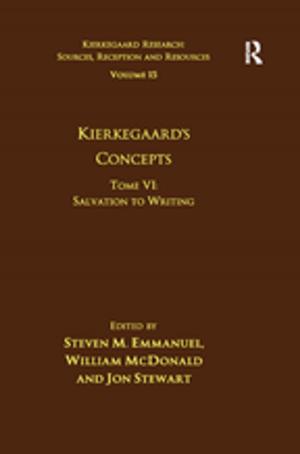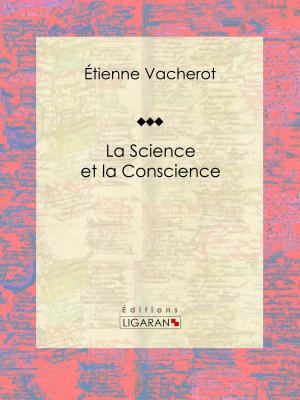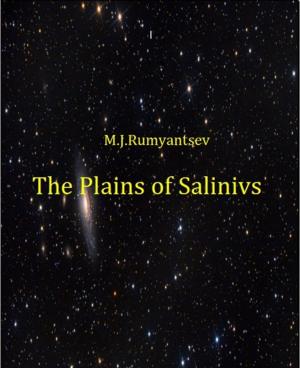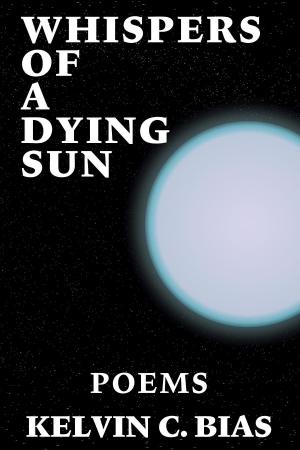TIME: The Background to Reality
Nonfiction, Science & Nature, Science, Physics, Time, Religion & Spirituality, Philosophy, Metaphysics| Author: | Christopher L Mohr | ISBN: | 9781310777684 |
| Publisher: | Christopher L Mohr | Publication: | May 13, 2014 |
| Imprint: | Smashwords Edition | Language: | English |
| Author: | Christopher L Mohr |
| ISBN: | 9781310777684 |
| Publisher: | Christopher L Mohr |
| Publication: | May 13, 2014 |
| Imprint: | Smashwords Edition |
| Language: | English |
What we call Time may not really be Time at all; it may only be a projection, or more precisely a dimensional characteristic of Time. We believe we feel Time pass us by, yet it is non-substantial; not of a tactile nature. Time is one of the least understood phenomena of the physical world. We take it for granted; we live in its embrace and indirectly observe its influence on our world through the prisms of nature - sunrise and sunset, and the man-made – clocks and time-pieces. When I was young I became interested in Time; I noticed the strangeness of Time; we live but in delay.
There are fundamental qualities that constitute our Universe. These qualities are called constants and laws and they account for things such as the energy in a photon, the speed of light, the space bending nature of gravity and so on. Time is not described as a physical constant, yet it is constantly with us. What if Time were actually a constant? How would that change the way we understand the Universe? So it raises the question: is there an a priory structural fabric in which all forces and characteristics are one and the same but observed as different features of this fabric; Time being one of the many?
For the majority of us we experience Time only at our scale, while others looking at the Universe at larger or smaller scales see a different Universe. At different scales Time may act differently - can we see a different Time at a different scale?
The metaphysical question: where did our Universe come from and where is it going? - is a subject too big for this essay, but to discuss Time we will touch on some of these ideas. Nevertheless, questions beyond our current abilities to build proofs have always been left to the domain of philosophy; and yet, despite our ability to measure Time precisely, Time remains for the most part in the philosophical domain.
What we call Time may not really be Time at all; it may only be a projection, or more precisely a dimensional characteristic of Time. We believe we feel Time pass us by, yet it is non-substantial; not of a tactile nature. Time is one of the least understood phenomena of the physical world. We take it for granted; we live in its embrace and indirectly observe its influence on our world through the prisms of nature - sunrise and sunset, and the man-made – clocks and time-pieces. When I was young I became interested in Time; I noticed the strangeness of Time; we live but in delay.
There are fundamental qualities that constitute our Universe. These qualities are called constants and laws and they account for things such as the energy in a photon, the speed of light, the space bending nature of gravity and so on. Time is not described as a physical constant, yet it is constantly with us. What if Time were actually a constant? How would that change the way we understand the Universe? So it raises the question: is there an a priory structural fabric in which all forces and characteristics are one and the same but observed as different features of this fabric; Time being one of the many?
For the majority of us we experience Time only at our scale, while others looking at the Universe at larger or smaller scales see a different Universe. At different scales Time may act differently - can we see a different Time at a different scale?
The metaphysical question: where did our Universe come from and where is it going? - is a subject too big for this essay, but to discuss Time we will touch on some of these ideas. Nevertheless, questions beyond our current abilities to build proofs have always been left to the domain of philosophy; and yet, despite our ability to measure Time precisely, Time remains for the most part in the philosophical domain.















